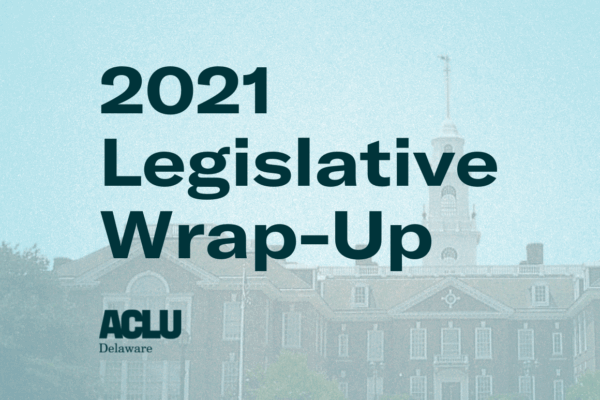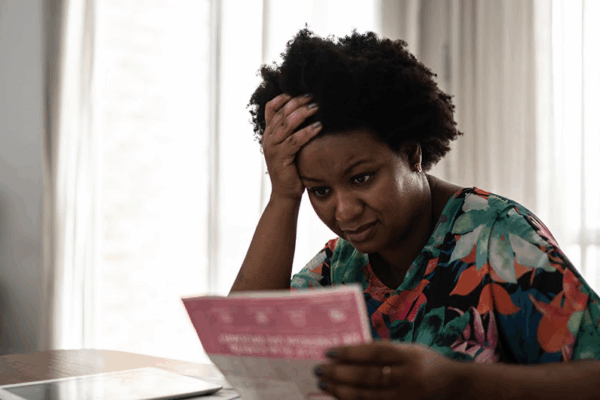This is a contributed blog post from Dr. Nick Beard (she/her).
The recent passage of SB8 in Texas has brought urgent attention to state abortion laws, both around the country and in Delaware — one of the few states to broaden abortion access through legislation since 2016.
In 2017, the Delaware legislature passed SB5, a bill which brought state law in line with Roe v. Wade. In the most recent legislative session, abortion was removed from the Delaware criminal code. This is a remarkable legal achievement for abortion access, and means that, in line with the majority of states, Delawareans cannot be given harsh criminal penalties for self-managed abortions. With the very real possibility of an increase of self managed abortions in states like Texas, Delaware is taking meaningful steps toward securing accessible, decriminalized abortion services.
Yet there are still several important steps to take regarding abortion access within Delaware.
The first is amending the requirement for parental notification for anyone under 16 accessing abortion. If parental notification is not in a patient’s best interest, the patient is legally allowed to apply for a judicial bypass. If a judge agrees that parental notification is not in the best interest of the patient, a court order will allow the patient to waive parental notification. Yet the reality is that even with a judicial bypass available, the parental notification requirement has been demonstrated to lead to teenagers being forced to travel out of state in order to access abortion services, often making it more costly and difficult for them to access. The ACLU of Delaware is currently researching whether patients under 17 are able to use judicial bypass, and how it impacts access to abortion services in the state.
Other issuess include financial and physical access to abortion services. The Hyde Amendment bans the use of federal funds for abortions for anyone receiving government health care — which, in Delaware, would include those receiving health care through the military (such as those stationed at Dover Air Force base) or through Medicaid. Delaware is not one of the 16 states which uses state funds to pay for access to abortion for those on Medicaid, even though two of our neighbours, New Jersey and Maryland, both provide this funding. This means that the majority of low-income patients are forced to pay the costs out of pocket. Most abortion procedures can cost up to $1500, not including the cost of transport or childcare while obtaining a procedure. Many states also have privately financed local abortion funds which supports those who struggle to afford abortions, particularly the high costs if travelling to another state. Delaware does not have such a fund, which raises questions as to how those struggling to afford abortion services would be able to access them.
Delaware has been working to address other barriers in access to abortion services. The opening of a new clinic in Seaford means that all three Delaware counties will have access to abortion services. This does not completely solve practical and accessibility issues, whether public transport or access to childcare, but it would suggest there is a desire to continue to expand practical abortion access within Delaware.
Ultimately, despite the face that Roe v. Wade is codified into our state’s law, we can not take access to abortion for granted here in Delaware. We must continue to break down barriers to accessing abortions in our state, because abortion is a critical piece of reproductive healthcare, and every Delawarean who needs abortion services deserves an accessible way to recieve them.





